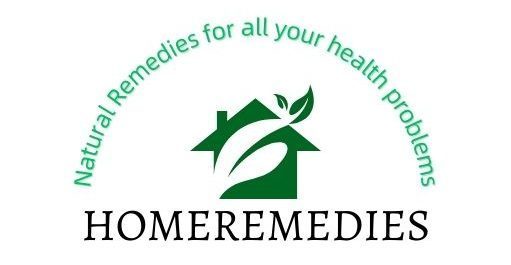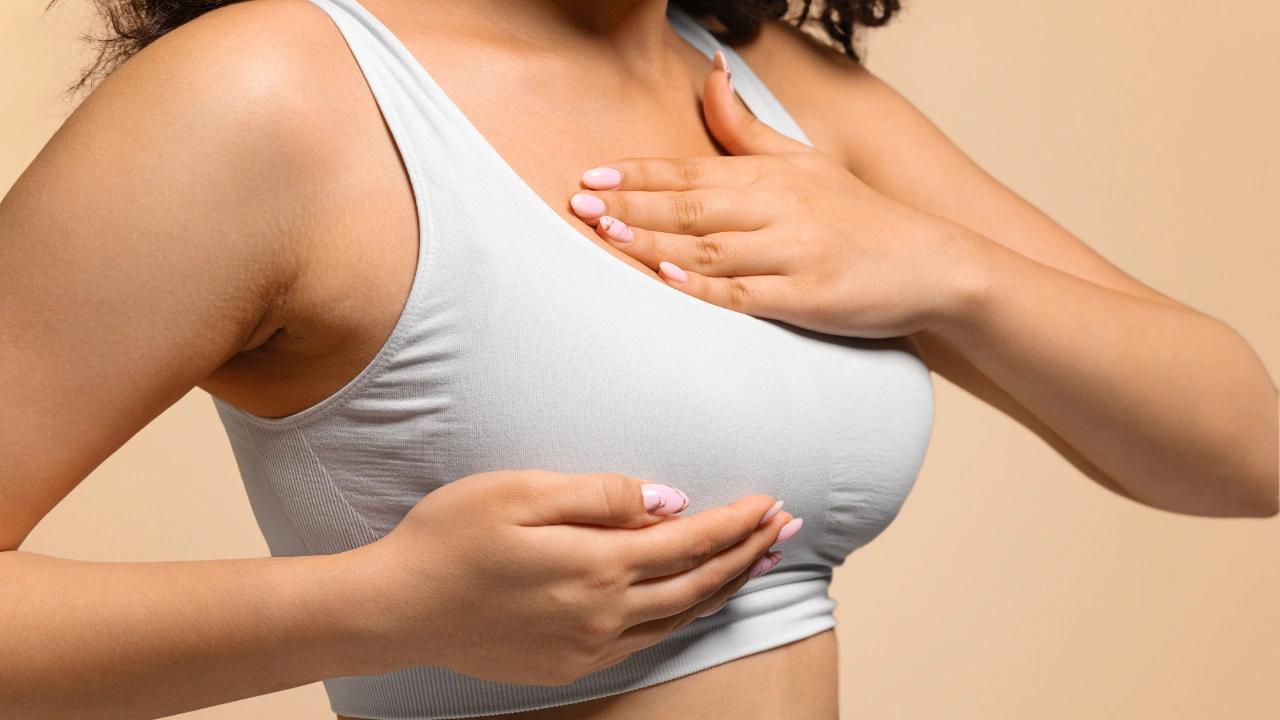Breast tenderness or pain before your period – also known as cyclical mastalgia – is a common part of the menstrual cycle. While it’s typically not a sign of something serious, it can be uncomfortable and distracting. The good news? There are natural ways to ease the discomfort without relying on medication.
Causes of Breast Pain Before Period
Hormonal fluctuations, especially in estrogen and progesterone levels, are the main culprits behind breast pain. These hormones can cause the milk ducts and glands to swell, leading to tenderness. Other contributing factors include poor diet, caffeine intake, fluid retention, or wearing an ill-fitting bra.
7 Natural Remedies to Relieve Breast Pain
1. Evening Primrose Oil
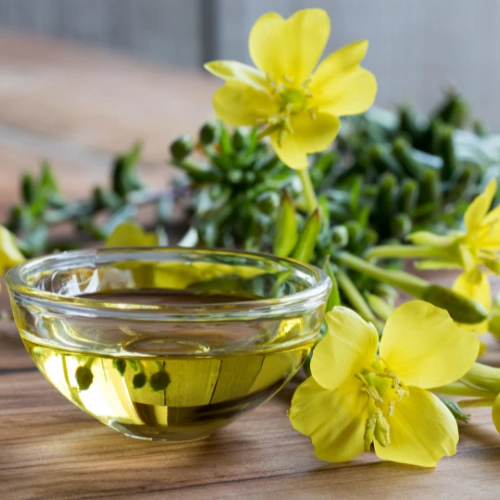
Rich in gamma-linolenic acid (GLA), it can help balance hormones and reduce inflammation.
How to use: Take 500–1000 mg daily after consulting with your doctor.
2. Flaxseed
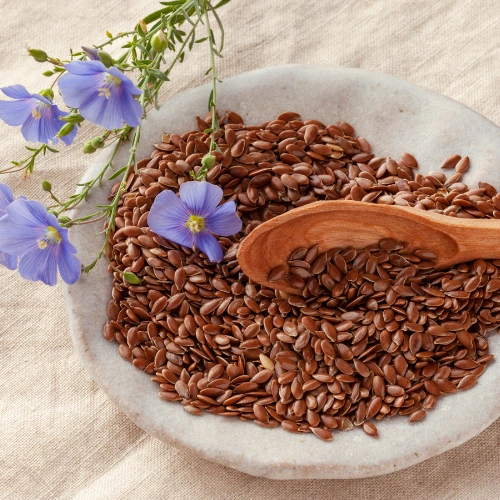
Contains phytoestrogens and omega-3s which may ease hormone-related pain.
How to use: Add 1–2 tablespoons of ground flaxseed to yogurt or smoothies.
3. Chasteberry (Vitex)
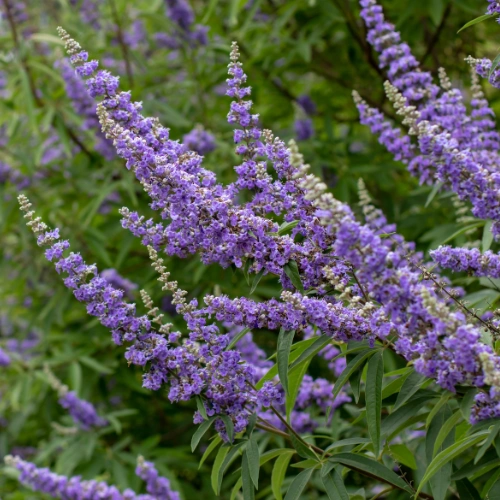
A popular herb for hormone balance, especially effective for PMS symptoms.
How to use: Available in tincture or capsule form; follow dosage on the label.
4. Use Vitamin E
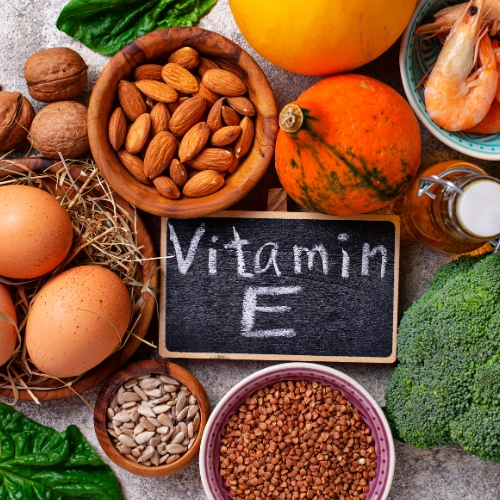
Known to reduce breast tenderness by regulating hormone fluctuations.
How to use: Take 200–400 IU daily in supplement form, preferably with food, after checking with your doctor.
5. Reduce Caffeine & Salt

These may increase water retention and worsen tenderness.
How to use: Avoid coffee, soda, chocolate, and salty snacks during the luteal phase.
6. Massage with Essential Oil
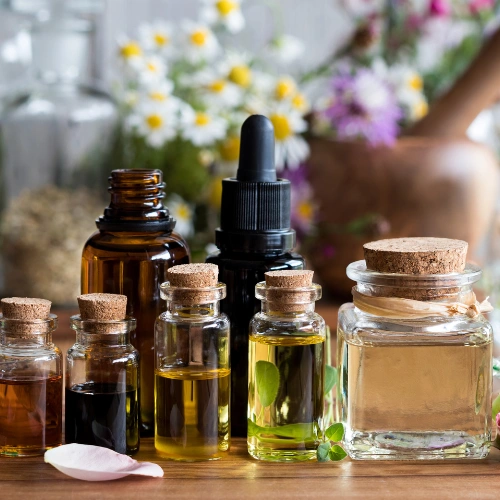
Oils like lavender or castor oil may help with circulation and tenderness.
How to use: Mix a few drops with a carrier oil and massage gently.
7. Warm Herbal Teas
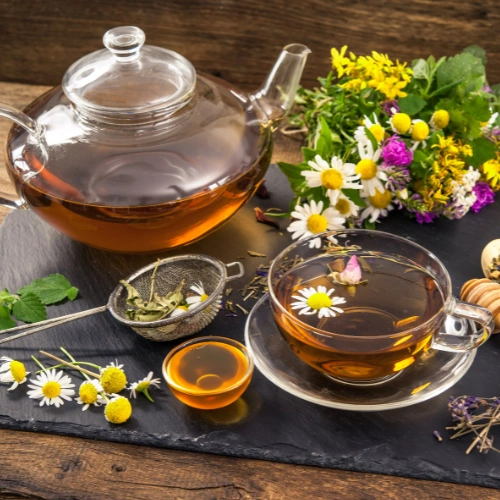
Chamomile, ginger, or dandelion root tea can ease inflammation and calm the body.
How to use: Sip 1–2 cups daily leading up to your period.
Wellness Tips for Prevention
- Wear a supportive bra, especially during physical activity.
- Maintain a low-inflammatory diet rich in whole foods.
- Keep track of your cycle and symptoms to anticipate discomfort.
- Engage in regular physical activity and stress-reducing activities like yoga or walking.
Easy Self-Check: When to See a Doctor
Most cyclical breast pain is normal, but you should perform regular self-exams to monitor changes.
Self-check tip:
Use the pads of your fingers to gently press around each breast and underarm area in circular motions once a month. Do this a few days after your period ends.
See a doctor if you notice:
- A new lump or area that feels different
- Nipple discharge (especially bloody or clear)
- Pain that is persistent and not linked to your cycle
- Skin changes on the breast (dimpling, redness, rash)
